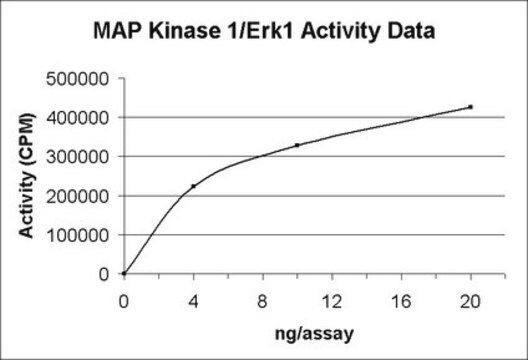H0652
Anti-Hepatocyte Growth Factor antibody produced in goat
IgG fraction of antiserum, lyophilized powder
Sinonimo/i:
Anti-HGF
About This Item
Prodotti consigliati
Origine biologica
goat
Livello qualitativo
Coniugato
unconjugated
Forma dell’anticorpo
IgG fraction of antiserum
Tipo di anticorpo
primary antibodies
Clone
polyclonal
Forma fisica
lyophilized powder
Reattività contro le specie
human
tecniche
neutralization: suitable
western blot: suitable
N° accesso UniProt
Temperatura di conservazione
−20°C
modifica post-traduzionali bersaglio
unmodified
Informazioni sul gene
human ... HGF(3082)
Cerchi prodotti simili? Visita Guida al confronto tra prodotti
Descrizione generale
Monoclonal Anti-Hepatocyte Growth Factor recognizes human HGF.
Immunogeno
Applicazioni
Stato fisico
Nota sulla preparazione
Esclusione di responsabilità
Non trovi il prodotto giusto?
Prova il nostro Motore di ricerca dei prodotti.
Prodotti correlati
Codice della classe di stoccaggio
11 - Combustible Solids
Classe di pericolosità dell'acqua (WGK)
WGK 2
Punto d’infiammabilità (°F)
Not applicable
Punto d’infiammabilità (°C)
Not applicable
Dispositivi di protezione individuale
Eyeshields, Gloves, type N95 (US)
Certificati d'analisi (COA)
Cerca il Certificati d'analisi (COA) digitando il numero di lotto/batch corrispondente. I numeri di lotto o di batch sono stampati sull'etichetta dei prodotti dopo la parola ‘Lotto’ o ‘Batch’.
Possiedi già questo prodotto?
I documenti relativi ai prodotti acquistati recentemente sono disponibili nell’Archivio dei documenti.
Il team dei nostri ricercatori vanta grande esperienza in tutte le aree della ricerca quali Life Science, scienza dei materiali, sintesi chimica, cromatografia, discipline analitiche, ecc..
Contatta l'Assistenza Tecnica.